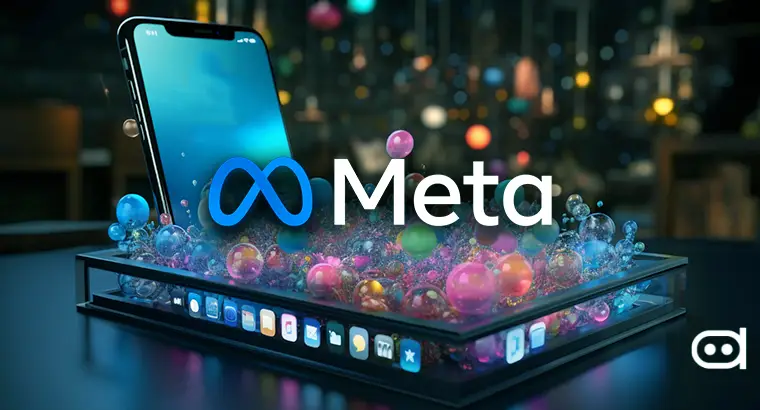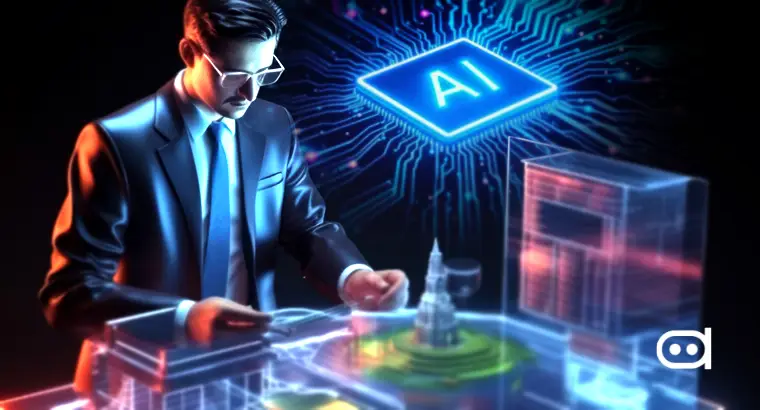
Kawasaki, Japan – Fujitsu announced the introduction of a software analysis and visualization service meant to assist organizations with their modernization drive. The service, rolled out this month in Japan, utilizes generative AI to investigate and analyze existing software from the standpoint of converting difficult and obscure application architecture into visual representations. This practice gives an organization 360 degrees of understanding of its current systems, thereby enabling it to formulate a more viable plan for modernization.
The service would analyze and visualize software deeply, understanding an existing application structure, while reverse engineering software design documents using generative AI. Automating the generation of software maps assists in the visualization of functional structures that help the organization assess system complexity and identify opportunities for optimization. Software identification is based on programming language, assessing migration difficulty, and detecting obsolete codes, thus making the transition from legacy systems to modern architectures seamless.
Fujitsu’s AI design document reverse engineering is applied to increase the accuracy and completeness of the software analysis. With the ability of Fujitsu Kozuchi, an asset knowledge graph is built encompassing existing design documents and the analysis of source code.
Detailed design documentation is then generated with a large language model, thereby advancing the usefulness of modernization projects. The careful processing of inputs circumvents the risk of AI-generated errors, whereby tests show a 95% reduction of information loss leads to accurate design outcomes.
Having analyzed system assets from over 600 companies, Fujitsu brings extensive experience to the modernization of enterprises. The company is also looking at integrating generative AI into all system integration processes to automate design documentation and source code generation, for example, processes that were heavily manual in nature.
Next on the agenda, Fujitsu intends to expand these applications to include interactive tools that are useful in validating application specifications and evaluating changes to source code. These advances should boost the efficiency of specific software modernization programs considerably, further solidifying Fujitsu’s contributions to speeding up digital transformations.
Source: https://www.fujitsu.com/global/about/resources/news/press-releases/2025/0204-01.html
Latest Articles:
University of Sheffield Unveils AI Framework for Businesses
SAP’s Q4 Sees Major AI and Cloud Transformations in Asia Pacific
OpenAI Unveils ‘Deep Research’ Agent for Advanced Online Analysis





